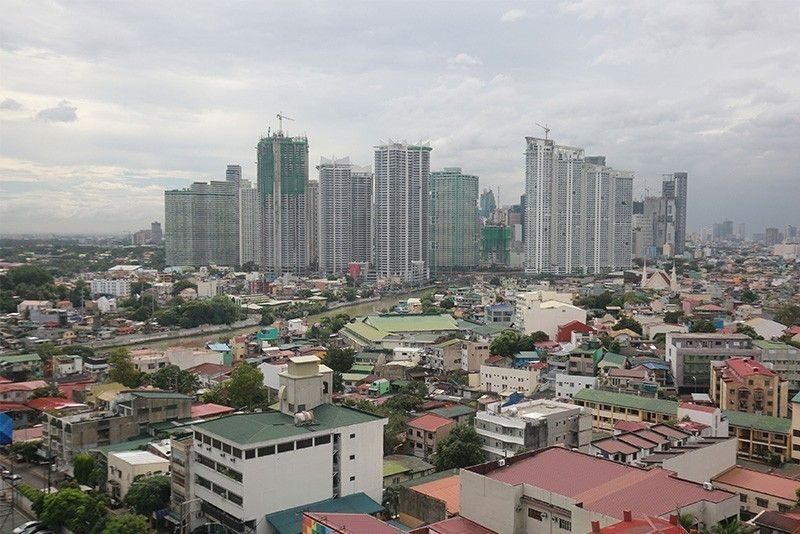IMF: Philippine economy to shrink by 3.6%

MANILA, Philippines — The International Monetary Fund (IMF) expects the Philippine economy to contract by 3.6 percent this year amid a deeper global economic slump caused by the coronavirus disease 2019 or COVID-19 pandemic.
Yongzheng Yang, IMF resident representative to the Philippines, attributed the downward revision of the Philippines’ gross domestic product (GDP) outlook to larger-than-expected supply disruptions caused by widespread shutdown in economic activity and weaker demand from major trading partners.
“We now expect the resolution of COVID-19 to be more gradual, and hence the impact of the pandemic on the economy to be larger than previously anticipated,” Yang said in an e-mail.
Prior to the outbreak, the IMF expected the Philippine economy to grow by 6.3 percent this year.
The IMF sees the GDP of the Association of Southeast Asian Nations (ASEAN) contracting by two percent this year with Thailand booking the biggest contraction of 7.7 percent followed by Malaysia’s 3.8 percent and Indonesia’s 0.3 percent.
In its June 2020 WEO Update titled “A crisis like no other,” an uncertain recovery,” the IMF said it is now expecting the global economy to contract by 4.9 percent from three percent in its April 2020 forecast as the COVID-19 pandemic has had more negative impact on activity in the first half than anticipated.
“With the latest downgrade of the global outlook, the external environment for the Philippines has also worsened, posing additional headwinds to growth this year,” Yang said.
Economic managers through the Development Budget Coordination Committee (DBCC) expect a GDP contraction of two to 3.4 percent this year before a stronger recovery with a growth of eight to nine percent for next year.
For 2021, the IMF expects a strong recovery for the Philippines with a GDP growth of 6.8 percent.
“We do see a recovery in 2021, assuming the pandemic will be brought under control and the economy continues to reopen over time,” Yang said.
The stimulus bills aimed at pump-priming the economy after the fallout due to the COVID-19 pandemic pending in Congress include the P1.3 trillion Accelerated Recovery and Investments Stimulus for the Economy (ARISE) and the P1.5-trillion COVID-19 Unemployment Reduction and Economic Stimulus (CURES).
On the other hand, the COVID-19 measures approved by the BSP’s Monetary Board has unleashed P1.2 trillion into the financial system to boost market confidence and ensure there is enough liquidity to support recovery.
These include the P300-billion repurchase agreement with the Bureau of the Treasury, the 125-basis points cut in interest rates, the lowering of the reserve requirement ratio for big banks by 200 basis points, the suspension of the term deposit facility auction, the reduction of the volume of the overnight reverse repurchase facility, among others.
“Policy responses by the government and the BSP have certainly helped soften the blow of the COVID-19 pandemic, but they are unable to keep this year’s growth at the pace that we have seen in recent years,” Yang said.
- Latest
- Trending




























